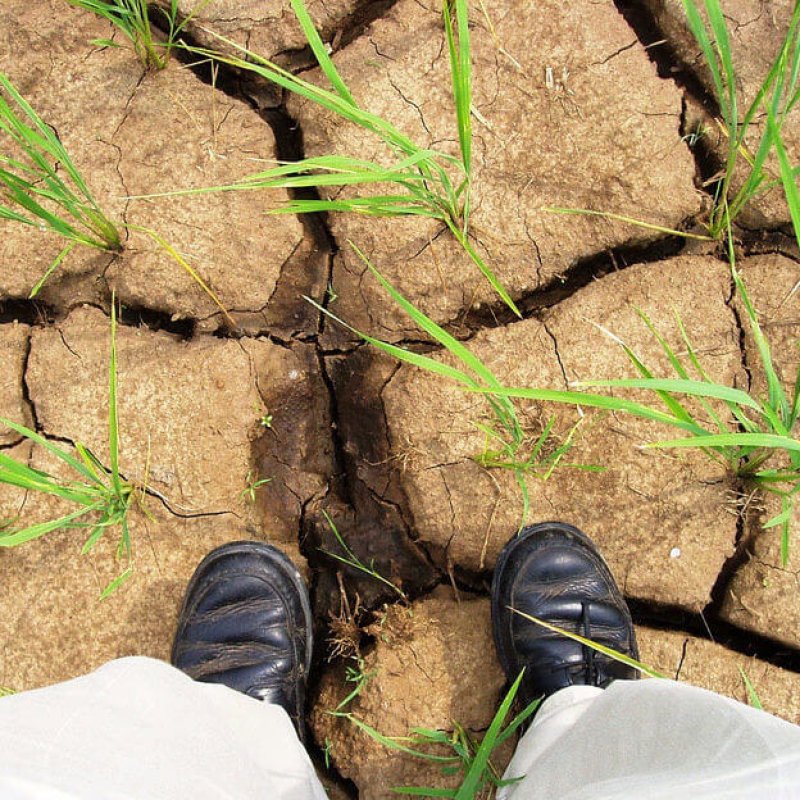[Editor’s note: Kevin Folta is a molecular biologist and chair of the horticultural sciences department at the University of Florida.]
As a molecular biologist, I take a lot of heat when I write about the subject of climate. Look at my Twitter feed. Friends, followers and flunkies all let me have it with both barrels, “Stick to plants, you’re not a climate scientist!”
…
If I’m going to lead efforts in plant genetic improvement or methods to enhance plant production — I have to understand climate trajectory.
It is no secret. Canada has three more growing weeks than they did in the 1950’s. The crops they can grow are different from decades ago, usually for the benefit of the Canadian farmer. Other regions suffer. In the southern regions of the USA tree crops like peaches do not receive adequate chilling in order to flower and set abundant fruit. Across the board new pests and pathogens enjoy a greater range and less winter kill. This new reality is part of agriculture, and a reality those of us serving agriculture need to embrace and analyze. If we do not intimately understand, predict, and plan for agriculture’s future canvas we are failing our farmers.
…
It is my job to consider the backdrop of farming’s future, as our efforts in genetics and production must be agile and adaptable if we are going to continue to serve farmers and families.
The GLP aggregated and excerpted this blog/article to reflect the diversity of news, opinion, and analysis. Read full, original post: Climate, Change, and the Thin Green Line
































